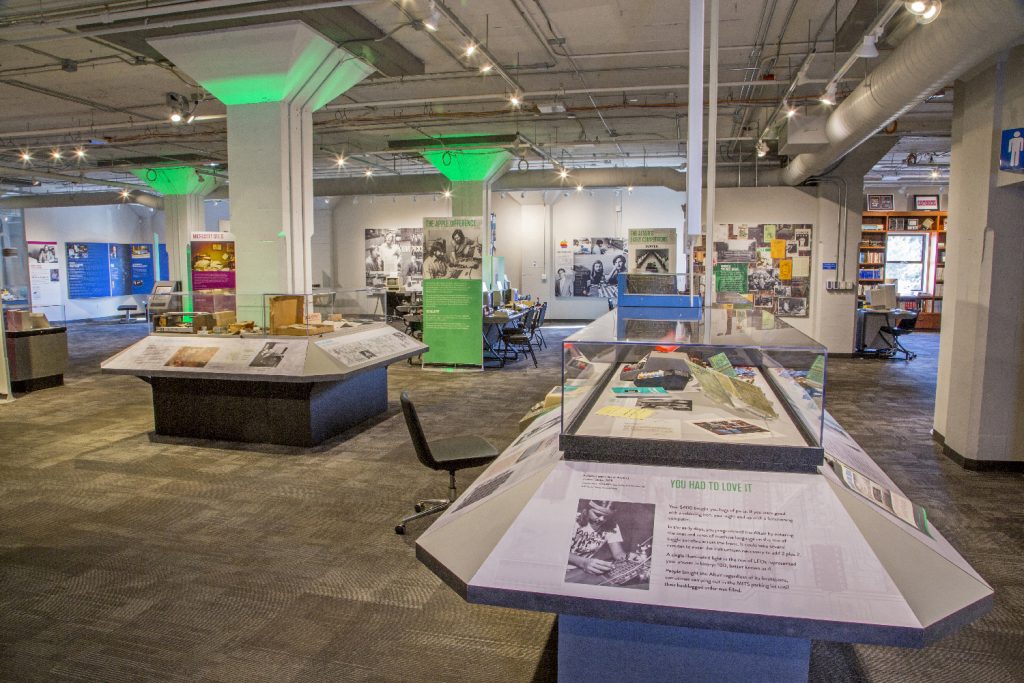Fans of the Living Computers Museum + Labs in Seattle were disappointed to learn that Paul Allen’s estate would not be reopening the facility, leading to its closure for good. The estate confirmed that some computing objects collected by Allen would be auctioned by Christie’s this summer. Past patrons of the museum expressed sadness at the closure, highlighting the effort put into creating such an institution. Living Computers Museum + Labs closed in March 2020 as a temporary shutdown and never reopened.
In the years since Paul Allen’s passing in 2018, his estate has been selling off various holdings, fulfilling his wish for the proceeds to go to charity. The sale of entities like the Stratolaunch flying launch pad for rockets, Vulcan Productions, art masterpieces, and more have taken place. The estate declined to provide further details about Allen’s trust or any properties with special stipulations on how they should be handled. Some believed that Living Computers would have been a fitting legacy for Allen due to the effort he put into building the rare computing technology collection.
Jeff Parsons, a former museum member and volunteer, expressed disbelief that Paul Allen would invest time and money into building the museum only for it to be dismantled after his passing. The museum was seen as a personal creation of Allen and a reflection of his own legacy as well as the legacy of the computer industry. Ed Lazowska, a professor at the University of Washington, noted that very few people knew Allen’s directives after his death. He suggested that items like research institutes were part of Allen’s legacy, while other properties like villas and yachts were not.
Readers and visitors of Living Computers Museum + Labs expressed sorrow at the closure, highlighting the unique experience the museum offered in allowing people to experience and interact with historic computers. The museum was seen as an important institution for preserving the history of the tech industry, and there was hope that the heart of the collection would be retained in Seattle. Many expressed disappointment that such a valuable and functioning collection would go to waste and called for efforts to save the museum. The closure was seen as a loss for the industry and for visitors who had enjoyed their experiences at the museum.
The closure of Living Computers Museum + Labs was seen as a significant loss, especially for those who appreciated the hands-on experience it offered with historic computing technology. The museum was unique in allowing visitors to directly interact with old computers and experience the history of technology firsthand. The disappointment expressed by visitors, former members, and fans of the museum highlighted the impact that such closures have on the community. Despite efforts to preserve Allen’s legacy through various entities, the closure of Living Computers was seen as a missed opportunity to honor his work in the tech industry.


